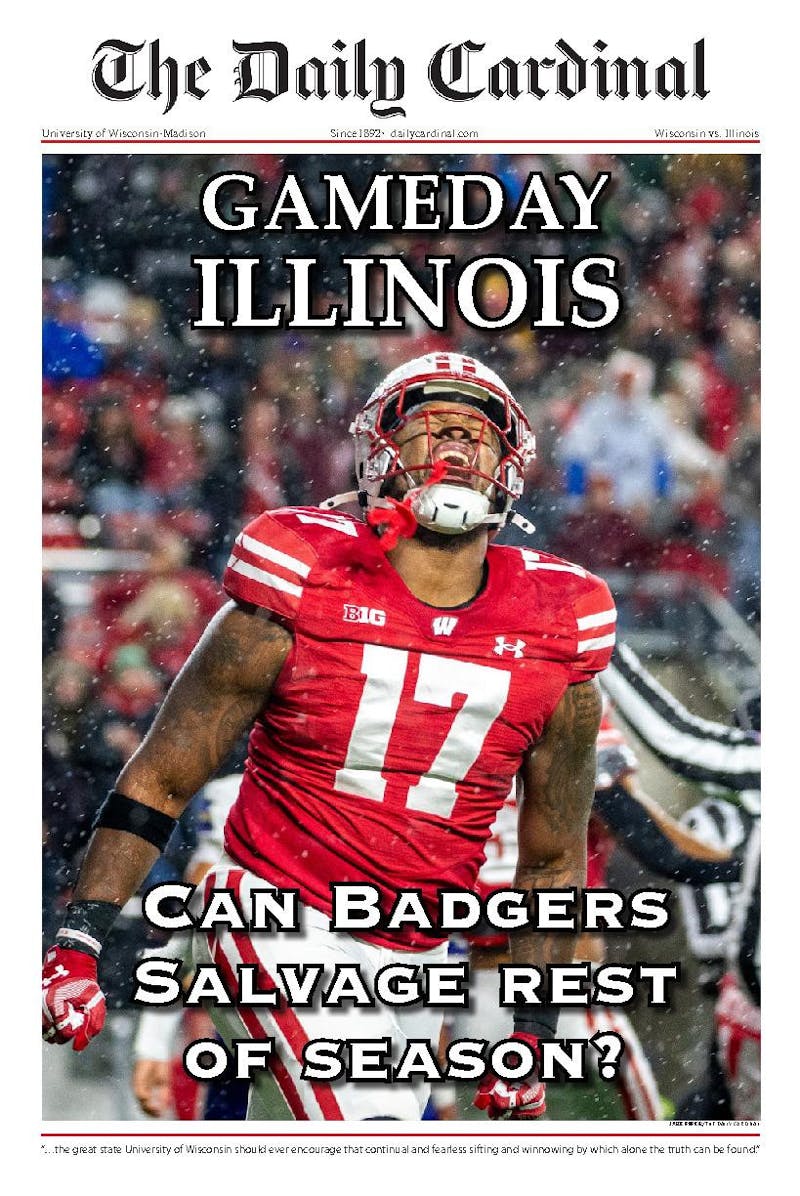On the UW-Madison campus, tip-based service jobs play a pivotal role in student income; and, given the rising cost of college education, income proves to be essential in making the opportunity of higher education accessible to all.
According to a 2011 U.S. Census report, 72 percent of college undergraduates worked while enrolled.
With the knowledge that such a large portion of the student body is employed, the question beckons, are tip-based student jobs actually helping to make college education more affordable for students?
Tipping, believe it or not, used to be extremely unpopular in America.
Viewed as elitist and undemocratic, several attempts were made in the early 20th century to make the practice illegal. Eventually, the difficulty in enforcing such bans allowed the European method of compensation to become firmly embedded into American culture.
States adopted laws to offset the tip income received by servers. The pieces of legislation dictated a “server wage” that was allowed to be set below the federally or state mandated minimum wage.
“I’d say I prefer a tipping-based system over minimum wage as a form of compensation,” said UW-Madison junior Andrew Nichols. “There is much more of an incentive when we work.”
Nichols attends UW on a scholarship awarded by the Army ROTC program and is a part-time employee at Madhatter’s bar in downtown Madison.
Yet, the concept of leaving a tip perplexes economists.
What force could possibly incite consumers to spend money when there is no legal requirement or tangible benefit in doing so?
The answer seems to lie in human behavior.
According to the International Journal of Economics at Northwestern University, “Tipping may result in a positive utility from feeling generous and because consumers often feel empathy for the worker who serves them, and want to show their gratitude by leaving him a tip.”
Some students at UW-Madison said they are supportive of the practice.
“On a Saturday night you can walk out of [Madhatter’s] with more than $15 an hour, which is pretty cool,” Nichols said. “Bartenders can make way more.”
Part-time server jobs of 10-15 hours a week may not be able to cover the brunt of a student’s tuition, but they play an important role in providing spending money.
Tuition is not the only cost for a self-supported college student, however.
Expenses such as rent, food, books and social outings with friends all are supplemented by part-time income.
“ROTC pays for tuition and most of rent as well as my books,” Nichols said. “[My] summer job covers the rest of rent [while] Hatters is usually money for going out, food and other miscellaneous stuff.”
Although there are several other part-time jobs available on campus, Nichols believes tip-dependent jobs such as bartending are attractive to students independently financing their college education.
“I’d say working at a bar as a server is pretty ideal based on hours and pay, but there are other jobs like working at libraries which allow you to homework,” Nichols said. “I guess the trade-off is your ability to do homework instead of making as much per shift.”
Hours for bouncing can run late with bar close being 2 a.m.
“Sometimes I work nights during the week where I have physical training in the morning and I’ll sleep for a couple hours and have to catch up afterwards,” Nichols said.
He quickly added, “However, being able to go to [Hatters] while you’re not working and see all of your friends is a really nice perk.”
Although these jobs fall short of mitigating tuition costs, the tip-based server industry enables students to access the additional opportunities that encompass the college experience.
From that pricey Accounting 100 book to those tickets for the next show at the Majestic, part-time gigs such as Nichols’ are an important financial contributor to students on campus.






